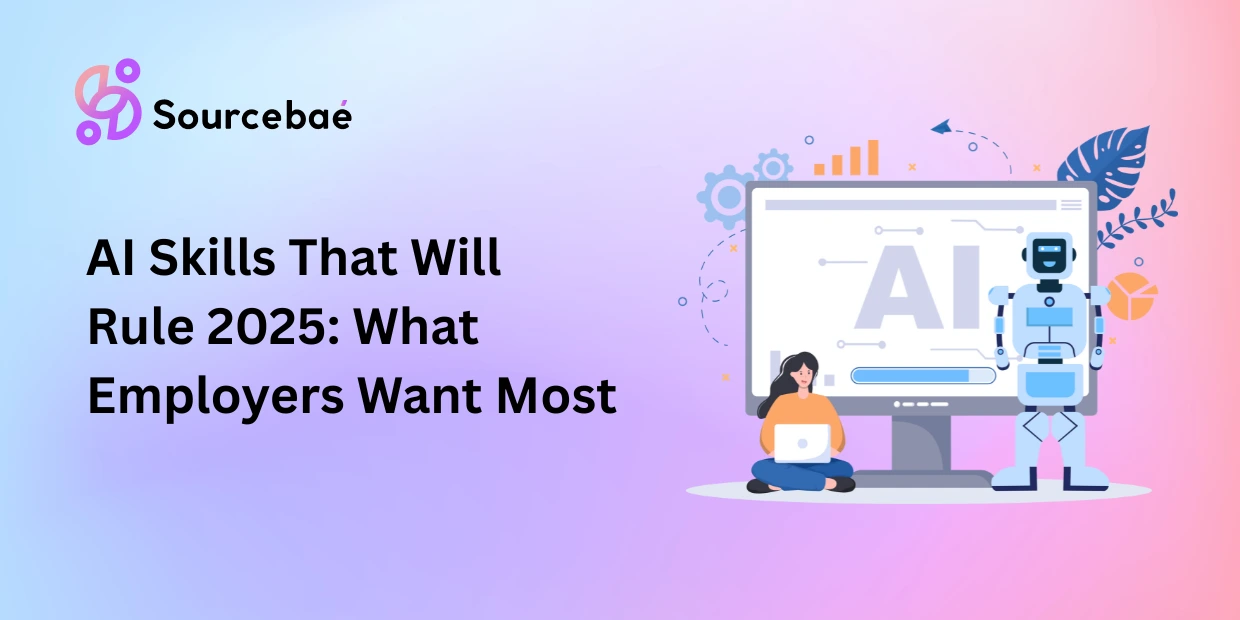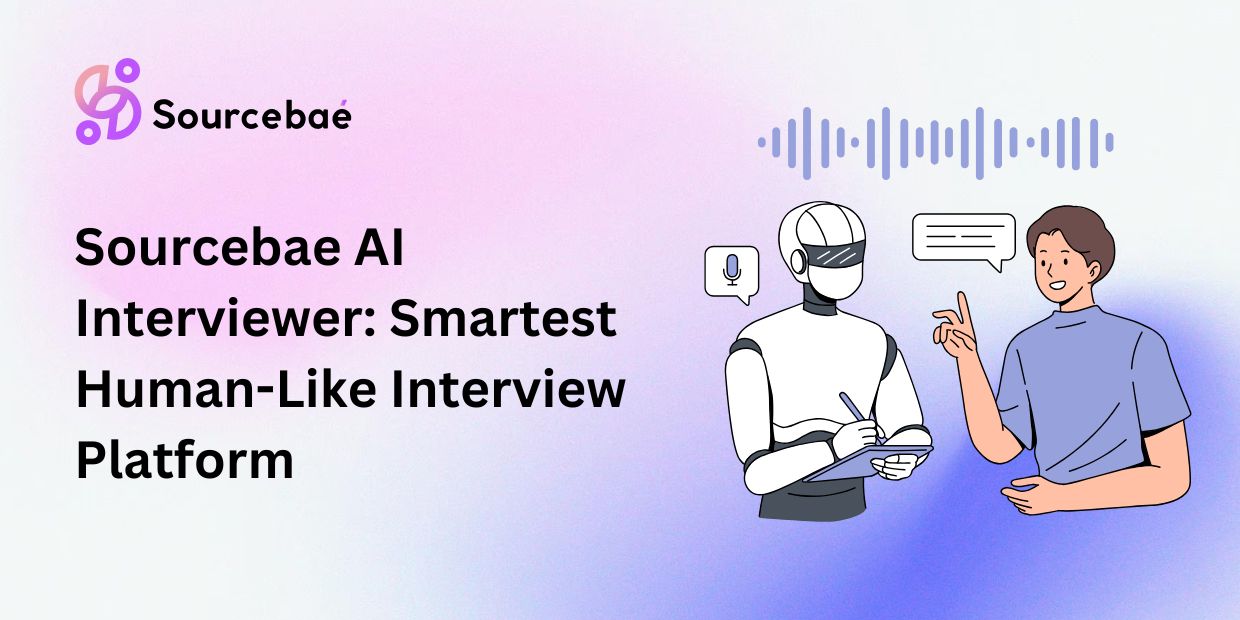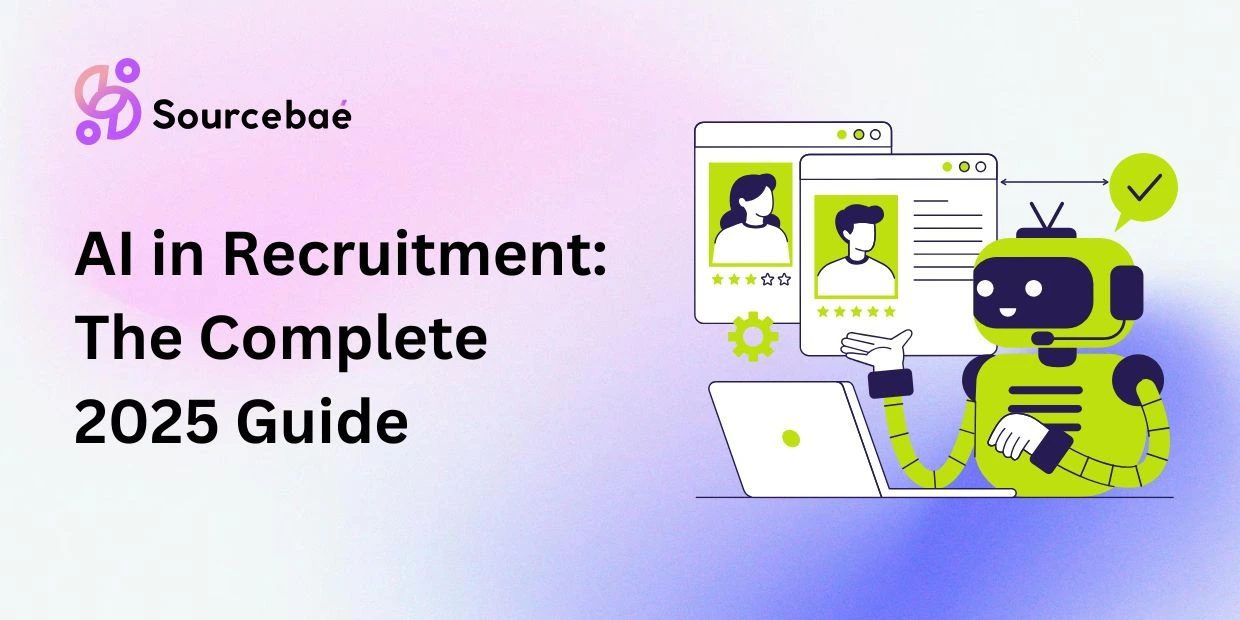Artificial Intelligence (AI) has already begun to reshape various aspects of everyday life, and its influence is expected to become even more profound in the future. Here are some key areas where AI is likely to play a significant role:
Future of Artificial Intelligence in Everyday Life
- Smart Assistants and Automation: AI-powered smart assistants like Siri, Google Assistant, and Alexa have become commonplace, helping us with tasks ranging from setting reminders to answering questions. In the future, these assistants will become more intuitive and capable, handling complex tasks like managing schedules, making reservations, and even holding natural conversations.
- Healthcare: AI will revolutionize healthcare by improving diagnostics, personalized treatment plans, and drug discovery. Machine learning algorithms will analyze medical data to identify patterns that might go unnoticed by human doctors. Wearable devices and sensors will monitor health in real time, alerting both patients and healthcare providers to potential issues.
- Autonomous Vehicles: Self-driving cars and drones will become more common, reshaping transportation systems. These vehicles rely heavily on AI to perceive their surroundings, make split-second decisions, and navigate safely. This could lead to reduced accidents, improved traffic flow, and increased accessibility for people with disabilities.
- Education: AI will enhance the learning experience through personalized education plans, adapting to each student’s pace and style of learning. Virtual tutors and educational apps will provide instant feedback and assistance, making education more engaging and effective.
- Retail and Customer Service: AI-driven chatbots and recommendation systems will continue to transform the shopping experience. These systems will understand customer preferences and behaviors, providing tailored product suggestions and addressing inquiries in real time.
- Entertainment: AI-generated content is already making its mark in the entertainment industry, from creating music and art to generating scripts for movies and video games. As AI’s creative capabilities improve, we can expect a wealth of new and diverse entertainment options.
- Finance: AI will have a significant impact on financial services, automating tasks such as fraud detection, algorithmic trading, and customer support. These systems will enhance accuracy and efficiency in decision-making, while also mitigating risks.
- Energy Efficiency: AI will optimize energy consumption in homes, businesses, and industries. Smart grids will dynamically manage energy distribution, while AI-driven systems will suggest ways to reduce energy waste and lower carbon footprints.
- Agriculture: AI-powered drones and sensors will monitor crops and livestock, providing insights into crop health and automating tasks like planting and harvesting. This will increase yields and contribute to more sustainable farming practices.
- Translation and Communication: Language barriers will be overcome through AI-powered translation tools that provide real-time language translation, enabling effective communication between people who speak different languages.
- Environmental Monitoring: AI will aid in monitoring and addressing environmental issues, such as deforestation, pollution, and climate change. Predictive models will help anticipate and mitigate natural disasters.
- Legal and Compliance: AI will assist lawyers by analyzing legal documents, conducting research, and identifying relevant case precedents. Additionally, AI will aid in ensuring regulatory compliance for businesses.
While these advancements offer numerous benefits, they also raise ethical and social considerations.
Privacy concerns, job displacement, bias in AI algorithms, and the potential for AI to surpass human intelligence are among the challenges that must be addressed as AI becomes more integrated into everyday life.
Overall, the future of AI holds tremendous potential to transform and enhance our daily experiences across various domains.






